Two greenish-hued comets are swinging through the inner solar system this fall, offering a rare chance to spot them in the coming weeks.
The comets, named C/2025 A6 (Lemmon) and C/2025 R2 (SWAN), are visible from the Northern Hemisphere now as…

Two greenish-hued comets are swinging through the inner solar system this fall, offering a rare chance to spot them in the coming weeks.
The comets, named C/2025 A6 (Lemmon) and C/2025 R2 (SWAN), are visible from the Northern Hemisphere now as…
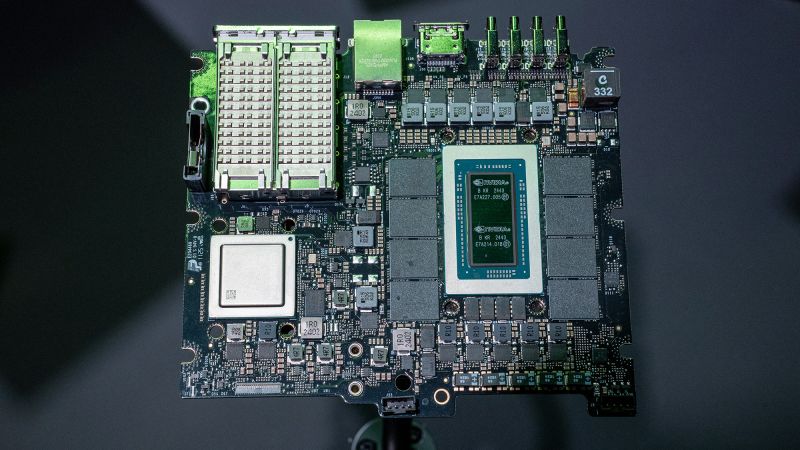
Tech giant Nvidia is the world’s leading artificial-intelligence chipmaker, but the company’s success has also put it in the crossfire of trade tensions.
The Santa Clara, California-based company, which is approaching a market capitalization of $5 trillion, has seen rapid growth due to its chips, which are predominantly used to power massive data centers used by other tech firms, like OpenAI, the creator of popular AI chatbot ChatGPT.
But Nvidia’s leading technology has been used as a negotiating tool in President Donald Trump’s trade spat with China, which was kickstarted by Trump’s sweeping tariffs in April and has escalated over rare earth mineral disputes.
It’s further complicated Nvidia’s relationship with China, where it was doing roughly 25% of its graphics processing unit sales, estimates Gil Luria, head of technology research at D.A. Davidson. Nvidia’s popularity has also embroiled the company in a steep controversy for potentially allowing China to skirt around export restrictions as trade tensions continue.
“Nvidia has gotten caught in the middle of two very important things: a trade dispute between China and the United States … but more importantly, AI has become a matter of national security,” Luria said.
Nvidia CEO Jensen Huang has argued that restricting sales of American AI chips will ultimately enable Chinese developers to create their own alternatives.
Huang, 62, was born in Taiwan, and at age 9 was sent by his parents to live in Tacoma, Washington. In 1993, the Oregon State and Stanford University grad co-founded Nvidia, which started as a graphics-based processing company.
Huang — who is worth $167 billion, according to the Bloomberg Billionaires Index — has been treated as a rockstar in Taiwan for his success in the AI chips race, and previously worked as a microprocessor designer at now-competitor AMD.
“It’s really unusual to have somebody who can go from starting what was at the time a very small tech startup and throw it to the extraordinary level of success that Nvidia has grown to,” John Villasenor, a nonresident senior fellow at Brookings Institution and professor at the University of California, Los Angeles, said of Huang.
Nvidia powers the data centers that support AI technology and has been the go-to provider of those chips.
Nvidia essentially created the architecture for anyone who develops AI, leading to a surge in demand for its technology, according to Arun Sundararajan, a professor of technology, operations and statistics at NYU Stern School of Business.
The company said in September that it would invest up to $100 billion in OpenAI and provide it with data center chips as soon as late 2026.
Nvidia is competing with AMD for deals with partners like OpenAI, which said Monday it would use 6 gigawatts of AMD chips to power OpenAI’s data centers.
“The competition has undeniably arrived. Customers will choose the best technology stack for running the world’s most popular commercial applications and open-source models. We’ll continue to work to earn the trust and support of mainstream developers everywhere,” an Nvidia spokesperson said in a statement shared with CNN.
In recent years, the US government has sought to restrict Chinese access to American technology to slow Beijing’s progress on AI, thus allowing the United States to take the lead. Trump continued the trend in April, when he restricted China’s access to chips, including Nvidia’s H20, as part of his trade war.
Such restrictions on the sale of chips offended China, Luria said, and ultimately led to Beijing limiting the purchase of chips to their companies.
But the White House recently reversed their position.
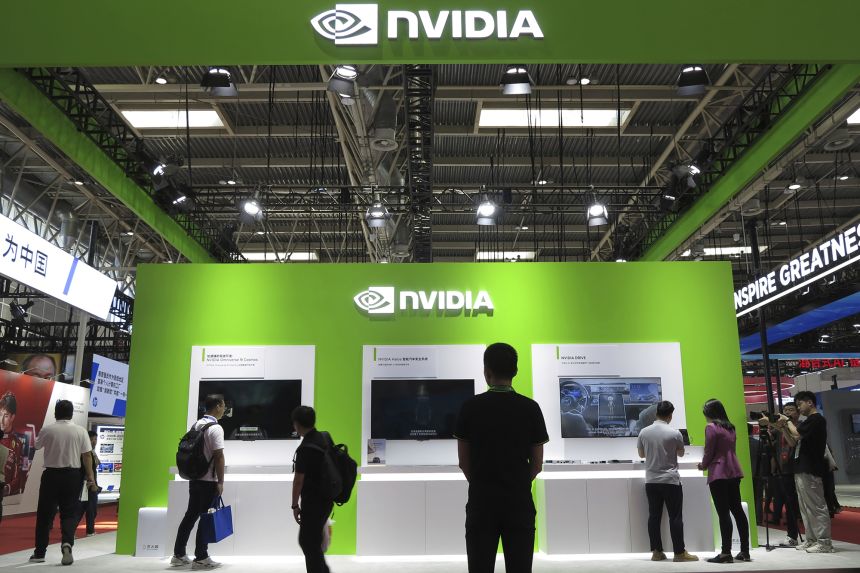
“You want to sell the Chinese enough that their developers get addicted to the American technology stack,” Commerce Secretary Howard Lutnick said in July.
Trump in August greenlit sales of chips to China in an agreement with US chipmakers. Nvidia and AMD, Trump said, would give 15% of revenue from China sales to the US in exchange for export licenses. That includes giving China access to Nvidia’s H20 chips, which were released in 2024 to maintain access to the Chinese market following strict export controls.
But Beijing seemed unimpressed and trade tensions have only escalated since the start of a tit-for-tat trade war in April.
China has since increased import restrictions on US chips, including Nvidia’s processors. Trump said Friday on Truth Social that he would impose a 100% tariff on China “over and above any Tariff they are currently paying” beginning November 1 over export controls on rare earth minerals.
“Where this all gets resolved is unclear,” Luria said, because China believes “that stopping the sale of Nvidia chips into China creates some leverage on the US in the negotiation.”
Commerce Department officials are investigating whether Nvidia’s customer, Singapore-based Megaspeed, is helping China sidestep export restrictions for access to Nvidia’s tech, according to a report from the New York Times. CNN has not independently verified the Times’ reporting.
Nvidia did not respond to CNN’s request for comment.
And Nvidia’s H20 chips are widely believed to have contributed to DeepSeek, an advanced Chinese AI model that shook Silicon Valley upon its release earlier this year, raising concerns that China was further ahead on AI than previously understood.
China could also gain access to the chips on the black market, since another country could buy Nvidia’s chips and resell them to China, Sundararajan said.
“The bigger issue is if we push harder to restrict global access to Nvidia’s products, can that be counterproductive? Because it forces these countries to speed up their own pace of innovation,” Sundararajan said.

Attack Surface Management
,
Security Operations
…
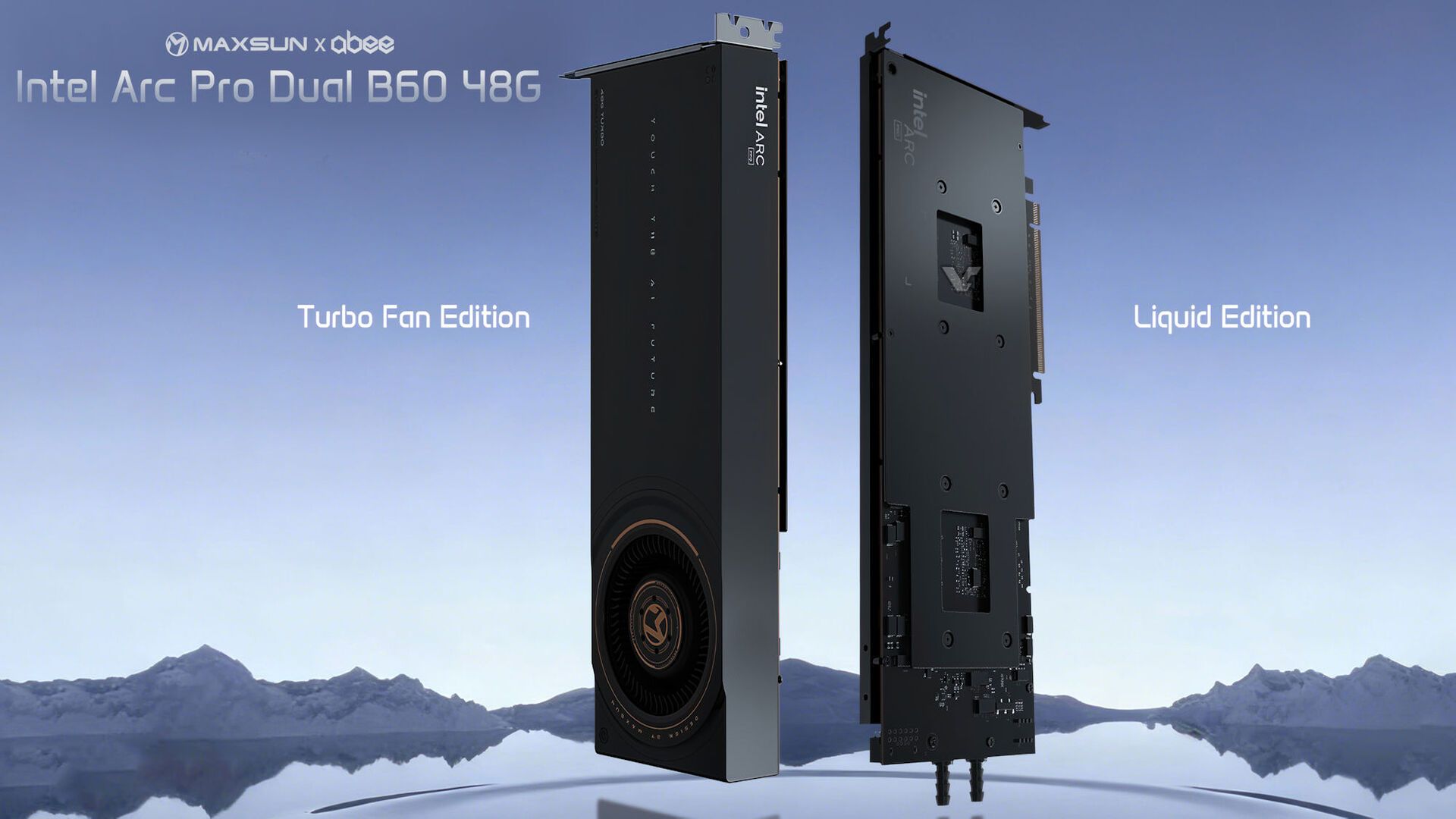
AstraZeneca today announces a historic agreement with President Donald J. Trump’s administration to lower the cost of prescription medicines for American patients while preserving America’s cutting-edge biopharmaceutical innovation.
At a landmark event at the White House, AstraZeneca CEO Pascal Soriot joined President Trump and members of his Administration to confirm the Company voluntarily met all requests set out in the President’s July 31st letter. The Company agrees to a range of measures which will enable American patients to access medicines at prices that are equalized with those available in wealthy countries.
As part of the agreement, AstraZeneca will provide Direct-to-Consumer (DTC) sales to eligible patients with prescriptions for chronic diseases at a discount of up to 80% off list prices. AstraZeneca will participate in the TrumpRx.gov direct purchasing platform, which will allow patients to purchase medicines at a reduced cash price from AstraZeneca.
AstraZeneca has also reached an agreement with the US Department of Commerce to delay Section 232 tariffs for three years, enabling the Company to fully onshore medicines manufacturing so that all of its medicines sold in America are made in America. This will be achieved through the Company’s recently announced $50 billion investment in US medicines manufacturing and R&D over the next five years to help deliver $80 billion in Total Revenue by 2030, 50% of which is expected to be generated in the US.
Pascal Soriot, Chief Executive Officer, AstraZeneca, said: “Every year AstraZeneca treats millions of Americans living with cancer and chronic diseases and, as a result of today’s agreement, many patients will access life-changing medicines at lower prices. This new approach also helps safeguard America’s pioneering role as a global powerhouse in innovation and developing the next generation of medicines. It is now essential other wealthy countries step up their contribution to fund innovation.”
AstraZeneca’s commitment to the US and American patients is further reflected in the Company’s largest single investment in a manufacturing facility to date, where the Company broke ground yesterday in Virginia. This facility will support AstraZeneca’s weight management and metabolic portfolio and our leading antibody drug conjugate cancer pipeline. Additionally, a newly expanded manufacturing facility in Coppell, Texas, will officially open next week. Looking ahead, AstraZeneca will open a cell therapy manufacturing facility in Rockville, Maryland early next year and its second major R&D centre in Cambridge, Massachusetts will open in late 2026.
The US is AstraZeneca’s largest market by sales and is also home to 19 R&D, manufacturing and commercial sites. The Company’s US workforce exceeds more than 25,000 people and supports more than 100,000 jobs overall across the country. In 2025, AstraZeneca created approximately $20 billion of overall value to the American economy.
Notes
AstraZeneca’s agreement with US Government
This is the second agreement that a pharmaceutical company has made with the US Department of Health and Human Services to lower the cost of medicines for American patients in the past two weeks. Specific terms of this agreement remain confidential.
AstraZeneca
AstraZeneca (LSE/STO/Nasdaq: AZN) is a global, science-led biopharmaceutical company that focuses on the discovery, development, and commercialization of prescription medicines in Oncology, Rare Diseases, and BioPharmaceuticals, including Cardiovascular, Renal & Metabolism, and Respiratory & Immunology. Based in Cambridge, UK, AstraZeneca’s innovative medicines are sold in more than 125 countries and used by millions of patients worldwide. Please visit www.astrazeneca-us.com and follow the Company on social media @AstraZeneca.
Media Inquiries
|
Fiona Cookson |
+1 (212) 814-3923 |
US Media Mailbox: usmediateam@astrazeneca.com

Freya Scott-Turner
Live reporter
Usually when things go wrong with explosives, it’s with the
raw materials says Dr Chris…
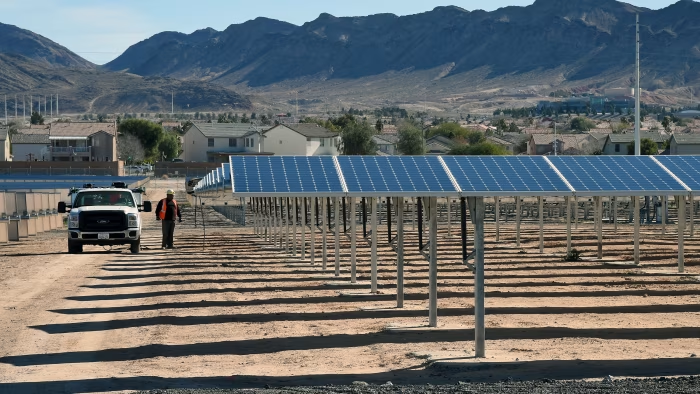
Unlock the White House Watch newsletter for free
Your guide to what Trump’s second term means for Washington, business and the world
The US has moved to cancel what would have been the largest solar project in North America, as the Trump administration expands its attack on the embattled renewable energy industry.
Late on Thursday the Bureau of Land Management scrapped approval for Esmeralda 7, a 6.2 gigawatt project that could have powered nearly 2mn homes. It had begun the permitting process under the Biden administration.
The high-profile Nevada solar project backed by NextEra Energy, the largest renewable energy company in the US, is the latest to become a casualty of the Trump administration. The American president has called renewable energy projects a “scam”.
The Esmeralda 7 project consisted of seven solar farms and battery systems and was backed by power developers including Arevia Power, ConnectGen and Invenergy. It would have covered about 62,300 acres of federal lands in the Nevada desert north-west of Las Vegas.
Since January, Doug Burgum’s Department of the Interior has accelerated permitting for fossil fuel projects while tightening restrictions on solar and wind initiatives.
Large offshore wind projects have already been drawn into the administration’s crosshairs. In April Burgum ordered Equinor to halt construction activities on its 810 megawatt Empire offshore wind farm and issued a stop work order on Ørsted’s Revolution Wind.
While both projects were eventually allowed to proceed, industry backers say the uncertainty undermines US energy needs and investor confidence.
The crackdown on renewables comes as the country faces soaring power demand due to the proliferation of data centres to fuel the rise of artificial intelligence as well as the electrification of vehicles and home appliances.
NV Energy, the state’s largest utility, projects that power demand will be 34 per cent higher in 2035 compared with 2022.
“We remain deeply concerned that this administration continues to flout the law to the detriment of consumers, the grid and America’s economic competitiveness,” said Ben Norris, vice-president of regulatory affairs for the Solar Energy Industries Association.
“We need more power on the grid, fast, and the solar and storage industry is ready to provide it, but we need the administration to get serious about truly achieving American energy dominance.”
The Department of the Interior did not confirm that the project had been cancelled, but said it and the project developers had “agreed to change” approach and that they would have the option to “submit individual project proposals to . . . more effectively analyse potential impacts”.
NextEra said it “remain[s] committed to pursuing our project’s comprehensive environmental analysis by working closely with the Bureau of Land Management”.
Invenergy declined to comment.
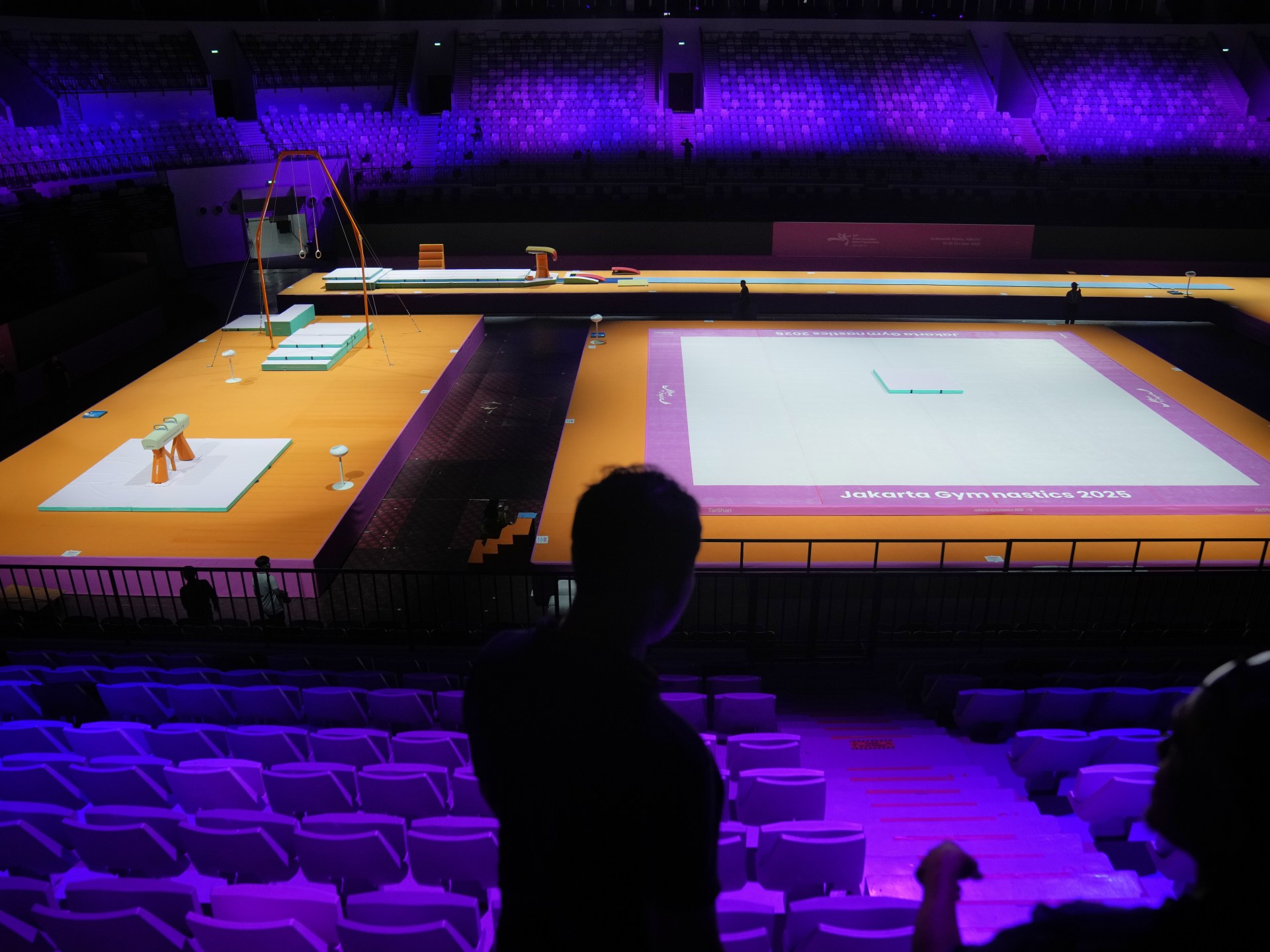
Indonesia has denied visas to Israel athletes ahead of the upcoming world championships in the world’s most populous Muslim-majority nation.
Published On 10 Oct 2025
Gymnastics’ governing…

Regularly eating meals away from home may carry more than just financial costs. A large cohort study of over 42,000 adults in China found that frequent dining out was significantly associated with an increased risk of

Google has released Lighthouse 13 with a broad audit consolidation that aligns Lighthouse reports with Chrome DevTools’ newer insight model.
The update is available now via npm and Chrome Canary. It will roll into PageSpeed Insights within…